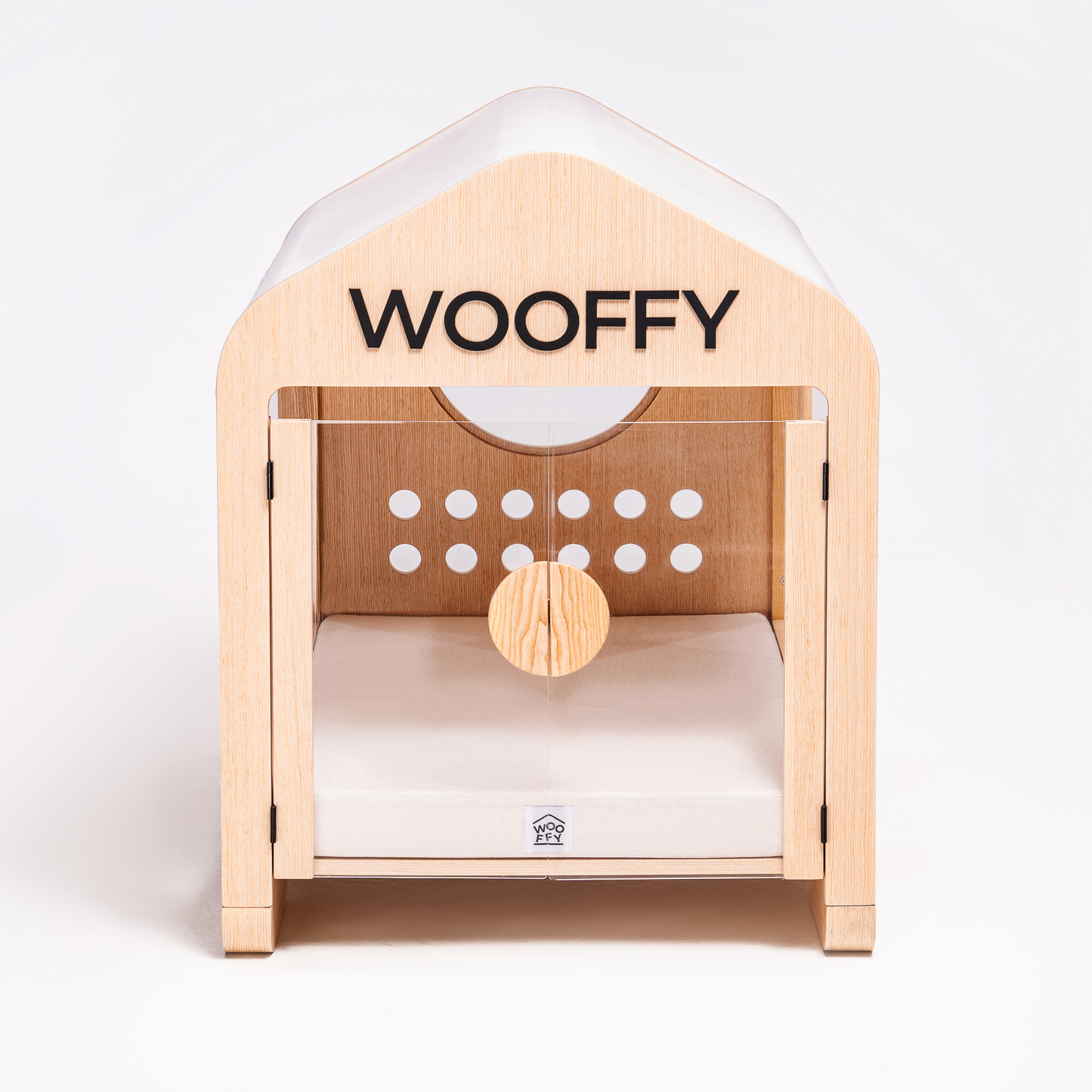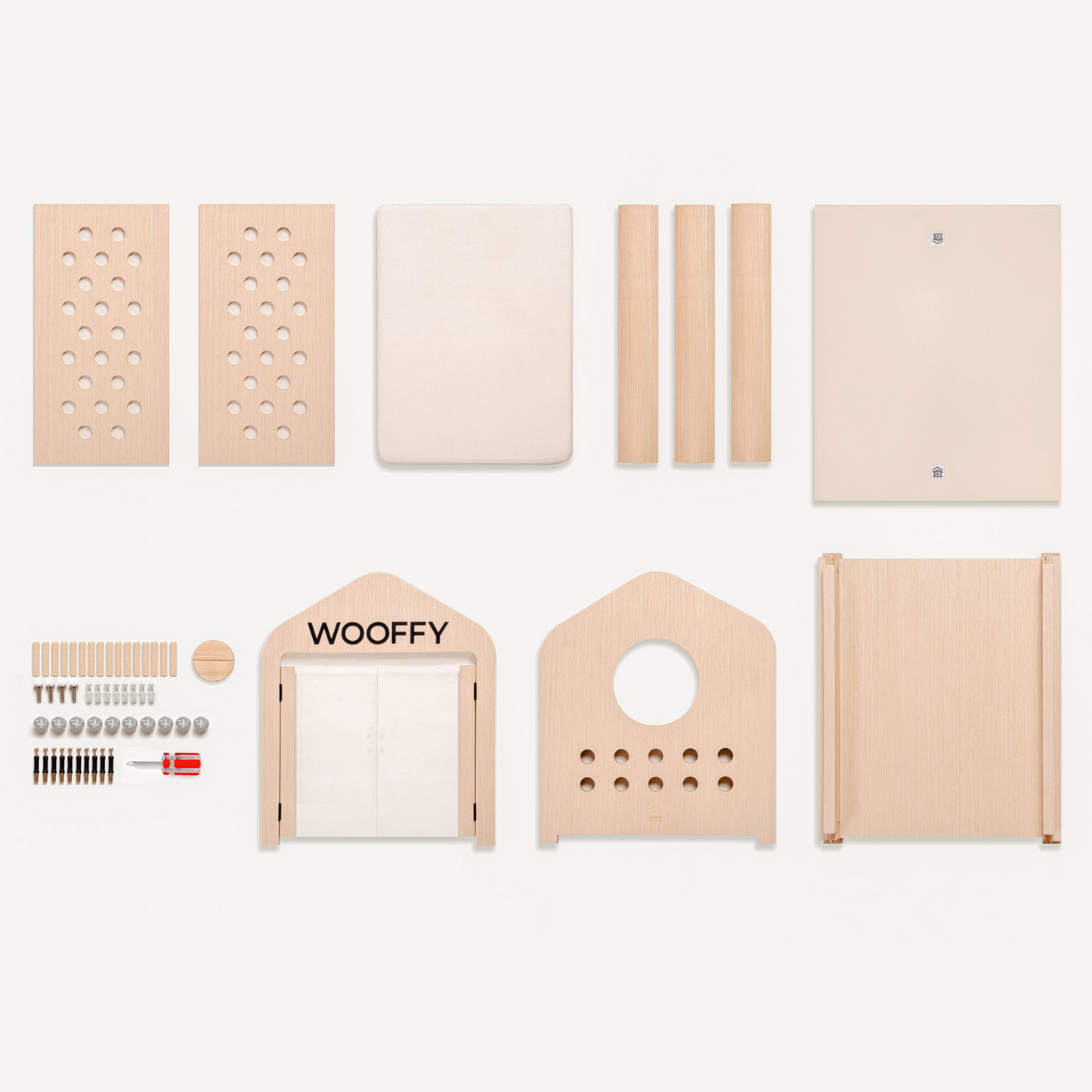
Can Dogs Eat Blueberries? A Nutritional Guide for Dog Owners
Share
Blueberries are not just a tasty and nutritious snack for humans; they also offer a plethora of health benefits for our canine companions. Rich in vitamins, antioxidants, and fiber, these small but mighty fruits can be a healthy treat for dogs when given in moderation. However, as with any addition to your pet's diet, it's essential to understand the right way to introduce blueberries and how much is safe.
Nutritional Benefits of Blueberries for Dogs
-
Antioxidants Galore
Blueberries are famed for their high antioxidant content, which can benefit dogs by combating free radicals. These free radicals are responsible for cellular and molecular damage in both humans and animals. Antioxidants help in preventing or slowing down the damage caused by these free radicals, potentially reducing the risk of chronic diseases.
-
Low in Calories, High in Fiber
For dogs on a weight management plan, blueberries offer a low-calorie treat option that doesn't skimp on nutritional value. The fiber in blueberries also promotes healthy digestion and can aid in weight management by providing a sense of fullness.
-
Vitamins C and K
Vitamin C supports the immune system, while Vitamin K is essential for a healthy blood clotting process. Together, these vitamins contribute to the overall well-being and health of your dog.
How to Safely Introduce Blueberries to Your Dog's Diet
-
Moderation is Key
While blueberries are safe for dogs, they should only be offered in moderation. Treats, including blueberries, should not make up more than 10% of a dog's daily calorie intake. Start with a small quantity and observe how your dog reacts before making it a regular treat.
-
Fresh or Frozen
Both fresh and frozen blueberries are safe for dogs. Frozen blueberries can be a refreshing treat during hot weather, but make sure to give them in moderation to prevent choking, especially in smaller dogs.
-
Avoid Processed Blueberries
It's important to stick to plain blueberries. Processed blueberries found in muffins or other baked goods often contain added sugars and other ingredients that are not safe for dogs.
Potential Risks and Precautions
While blueberries are generally safe, it's crucial to introduce any new food gradually to your dog's diet to monitor for any adverse reactions, such as gastrointestinal upset. Additionally, due to their small size, blueberries could pose a choking hazard, particularly for small breeds or puppies. Always supervise your dog when introducing new treats.
Conclusion
Blueberries can be a healthy, nutritious treat for your dog, offering a range of benefits from antioxidants to fiber. By introducing them properly and feeding in moderation, you can safely incorporate blueberries into your dog's diet, adding a tasty and beneficial snack to their routine.
For more tips on dog nutrition and healthy treats, visit https://thewooffy.com/blogs/dog-nutrition

























